An experiment with superconducting qubits opens the door to determining whether quantum devices could be less energetically costly if they are powered by quantum batteries


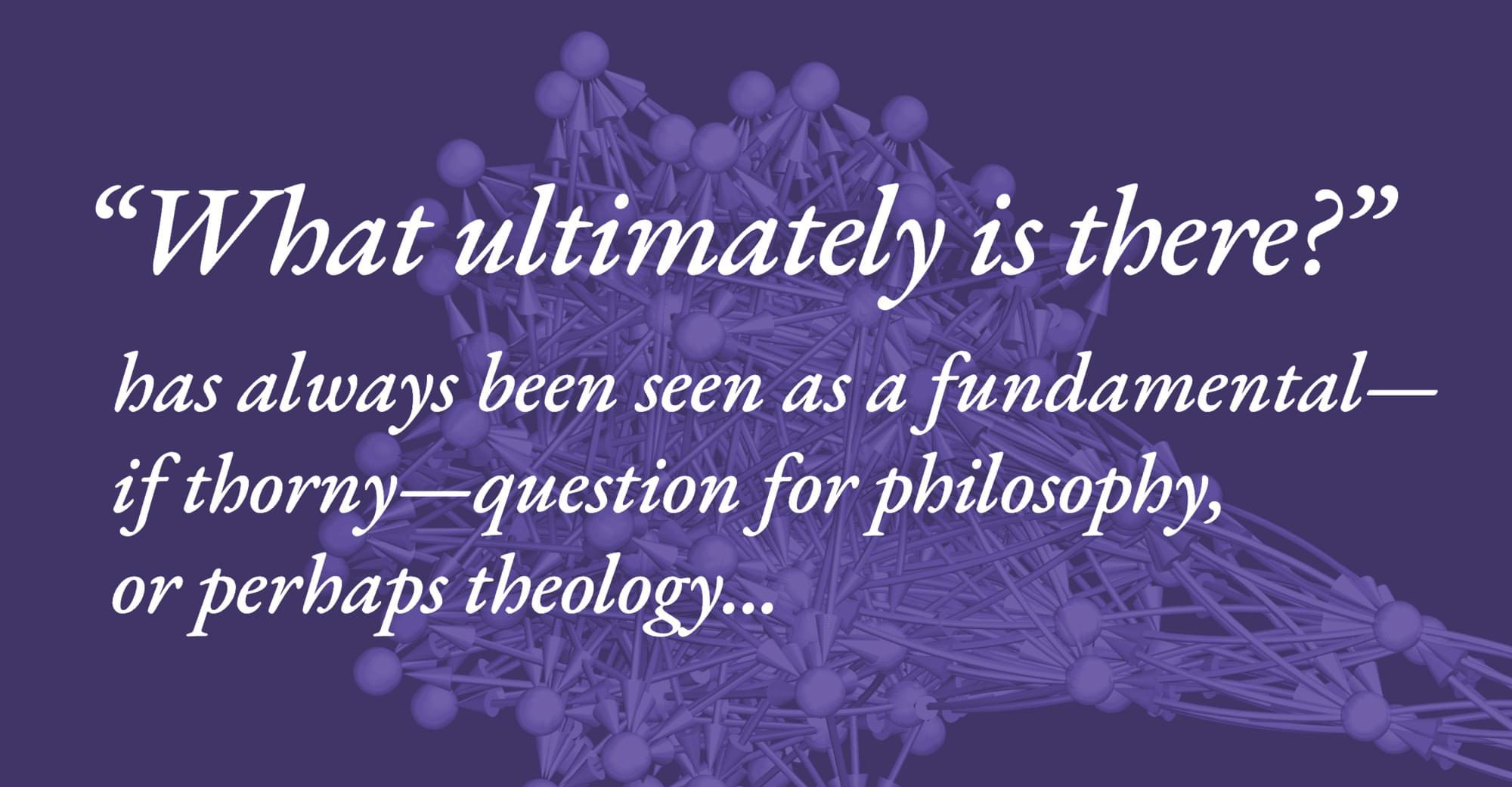
Stephen Wolfram shares surprising new ideas and results from a scientific approach to metaphysics. Discusses time, spacetime, computational irreducibility, significance of the observer, quantum mechanics and multiway systems, ruliad, laws of nature, objective reality, existence, mathematical reality.

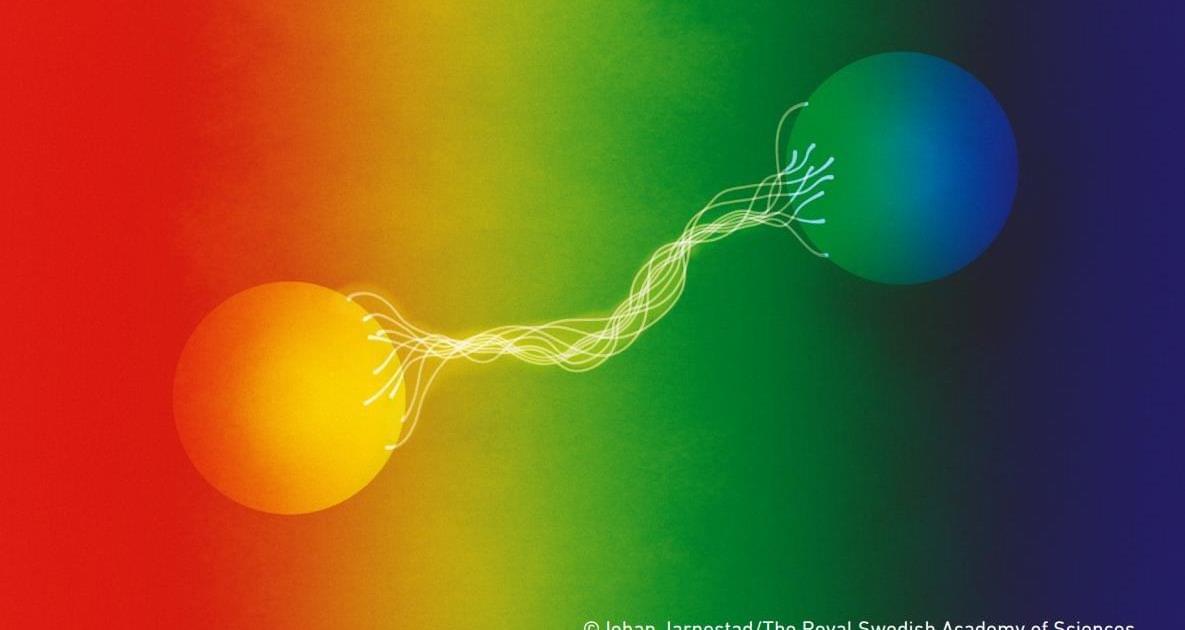
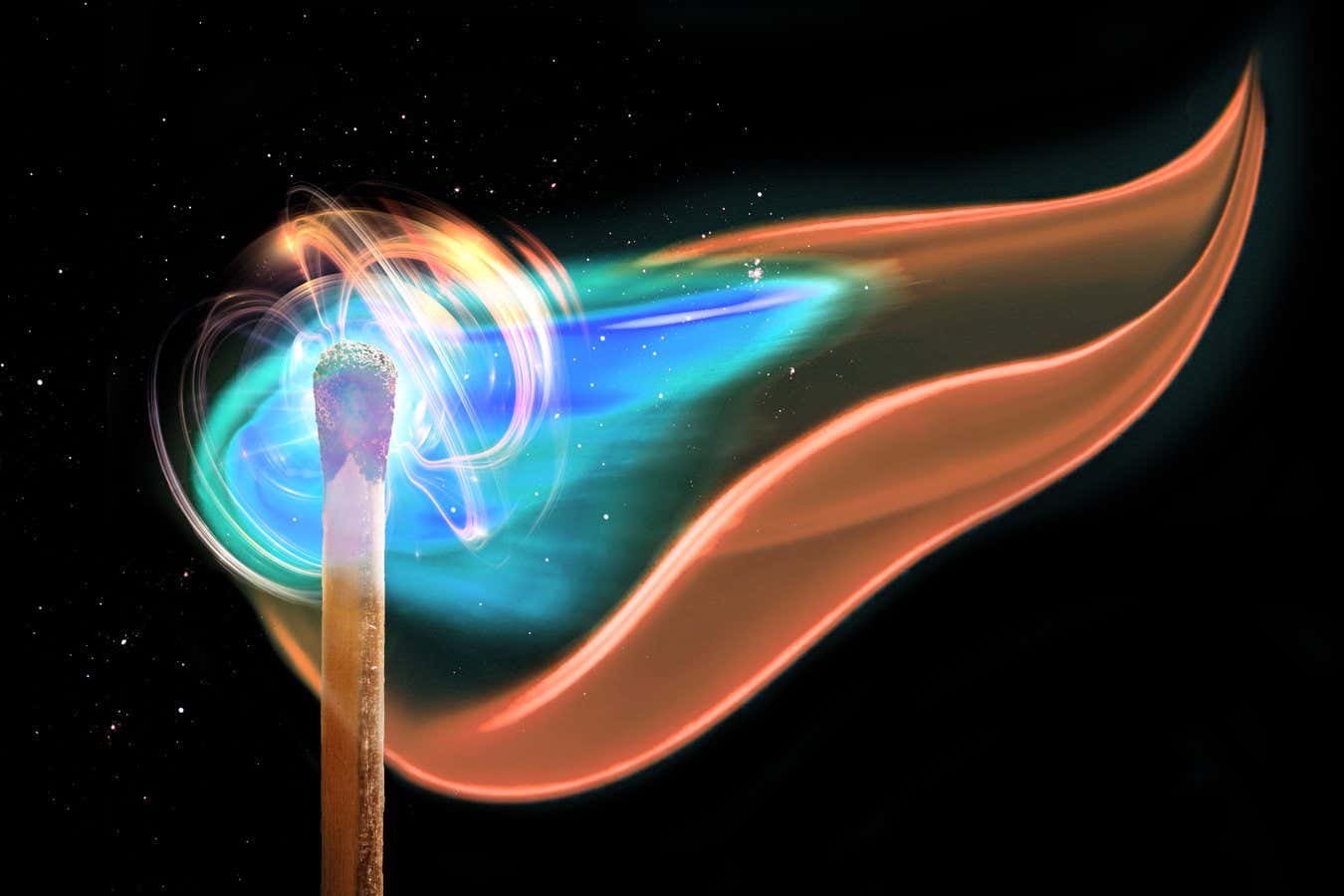
Can a single particle have a temperature? It may seem impossible with our standard understanding of temperature, but columnist Jacklin Kwan finds that it’s not exactly ruled out in the quantum realm.
By Jacklin Kwan
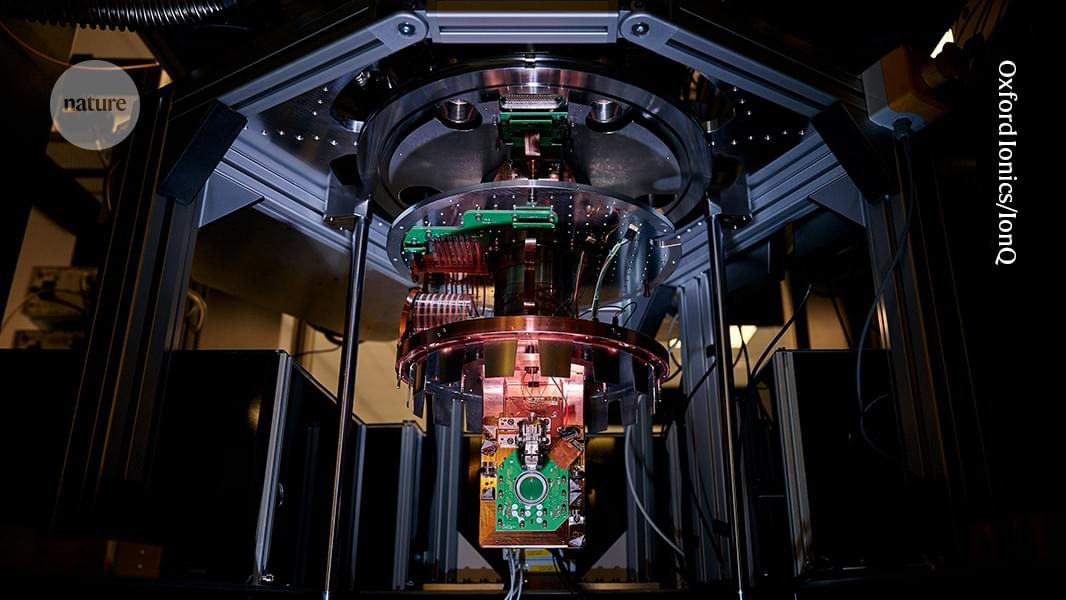
Mikhail Lukin’s team at Harvard presented a “universal” design for neutral-atom processors with robust error-correction capabilities using just 448 qubits, alongside a 3,000-qubit processor that can run for hours.
As Lukin notes: “These are really new kinds of instruments—by some measures, they’re not even computers… What’s really exciting is that these systems are now working already at a reasonable scale and we can start experimenting with them to figure out what we can do with them.”
A string of surprising advances suggests usable quantum computers could be here in a decade.
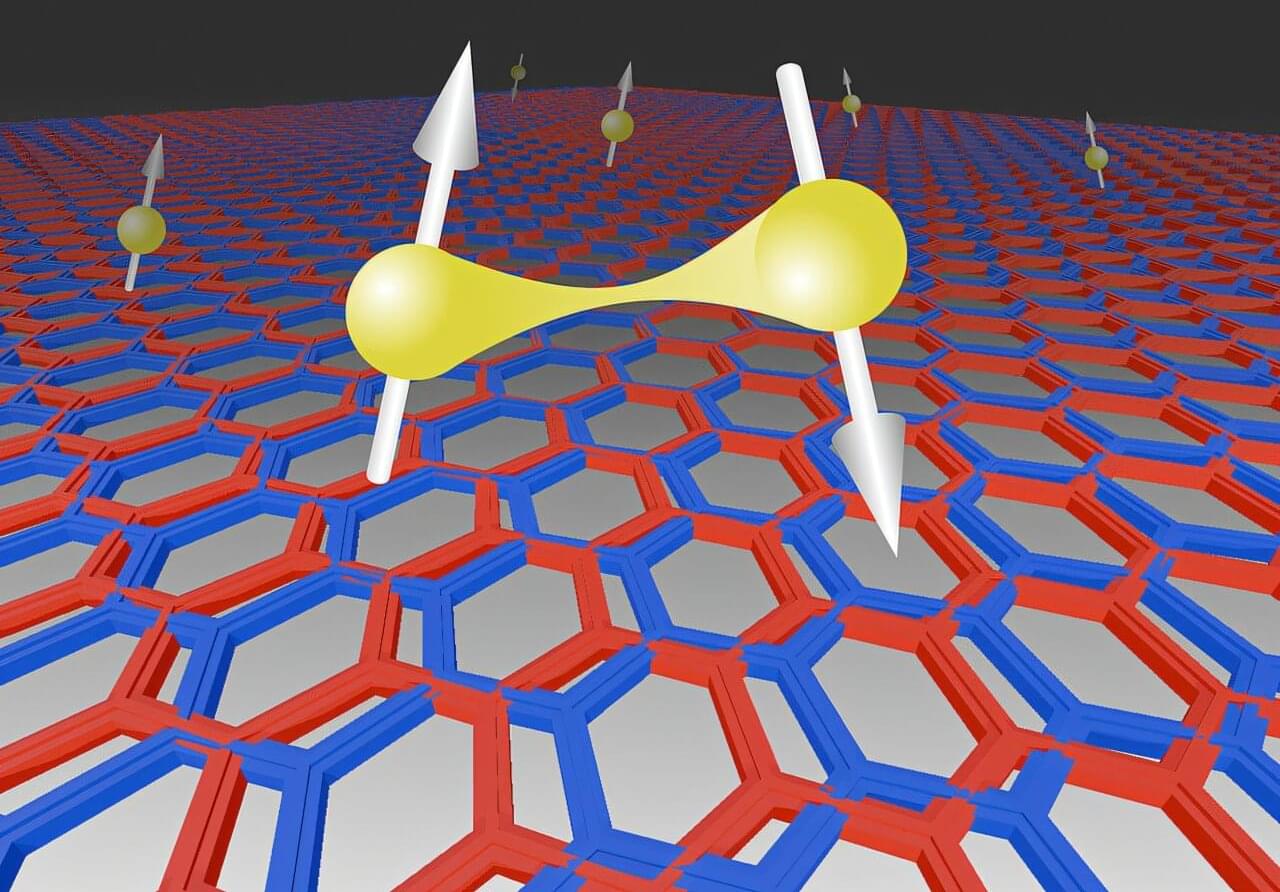
How exactly unconventional superconductivity arises is one of the central questions of modern solid-state physics. A new study published in the journal Nature provides crucial insights into this question. For the first time, an international research team was able to demonstrate a direct microscopic connection between a strongly correlated normal state and superconductivity in so-called moiré materials. In the long term, these findings could contribute to the development of new quantum materials and superconductors for future quantum technologies.
Professor Giorgio Sangiovanni from the Institute of Theoretical Physics and Astrophysics at Julius-Maximilians-Universität Würzburg (JMU) was involved in the study. His research is part of the Cluster of Excellence ctd.qmat—Complexity, Topology and Dynamics in Quantum Matter—at JMU and the Technical University of Dresden.
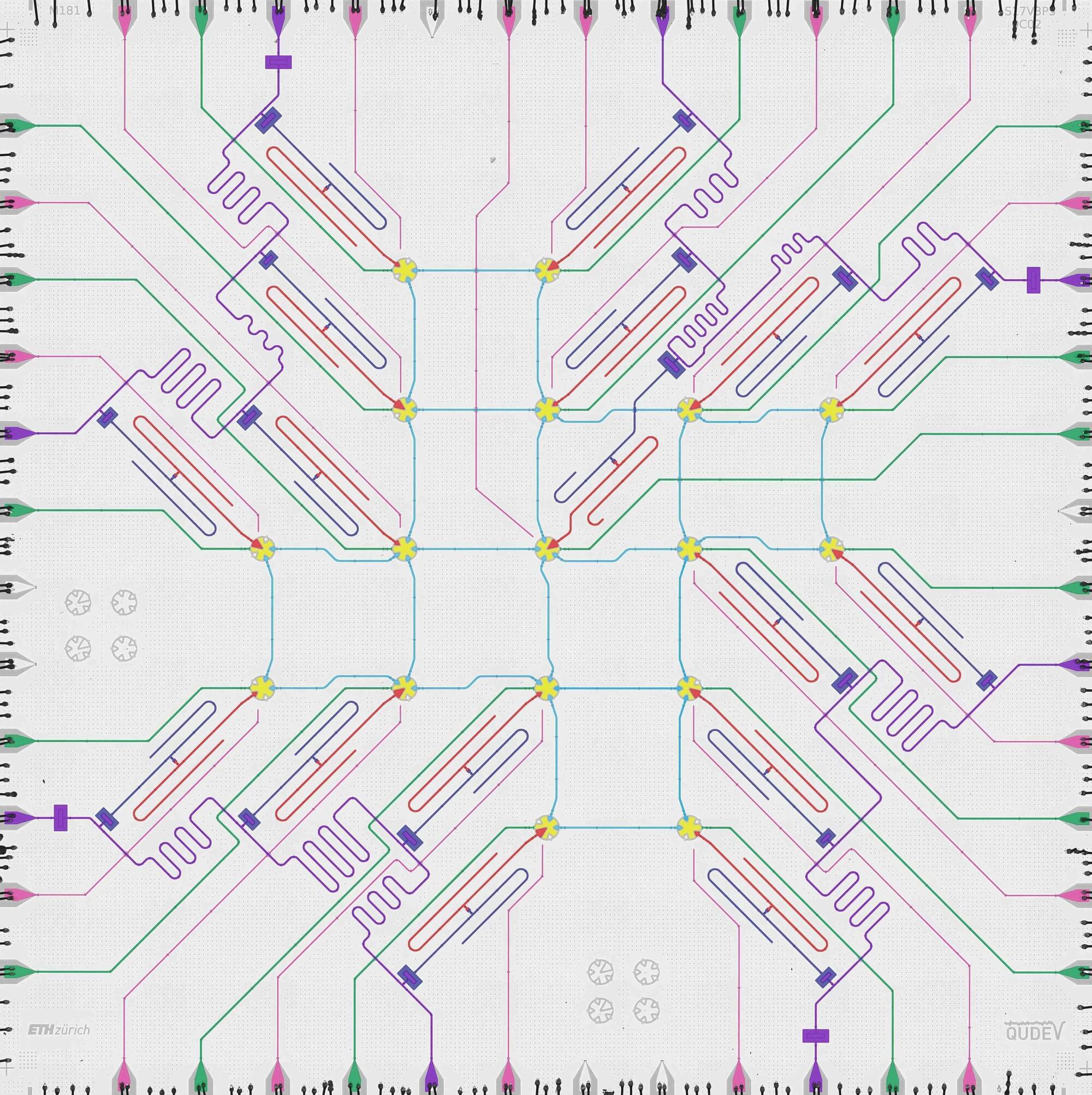
Quantum computers hold great promise for exciting applications in the future, but for now they keep presenting physicists and engineers with a series of challenges and conundrums. One of them relates to decoherence and the errors that result from it: bit flips and phase flips. Such errors mean that the logical unit of a quantum computer, the qubit, can suddenly and unpredictably change its state from “0” to “1,” or that the relative phase of a superposition state can jump from positive to negative.
These errors can be held at bay by building a logical qubit out of many physical qubits and constantly applying error correction protocols. This approach takes care of storing the quantum information relatively safely over time. However, at some point it becomes necessary to exit storage mode and do something useful with the qubit—like applying a quantum gate, which is the building block of quantum algorithms.
The research group led by D-PHYS Professor Andreas Wallraff, in collaboration with the Paul Scherrer Institute (PSI) and the theory team of Professor Markus Müller at RWTH Aachen University and Forschungszentrum Jülich, has now demonstrated a technique that makes it possible to perform a quantum operation between superconducting logical qubits while correcting for potential errors occurring during the operation. The researchers have just published their results in Nature Physics.
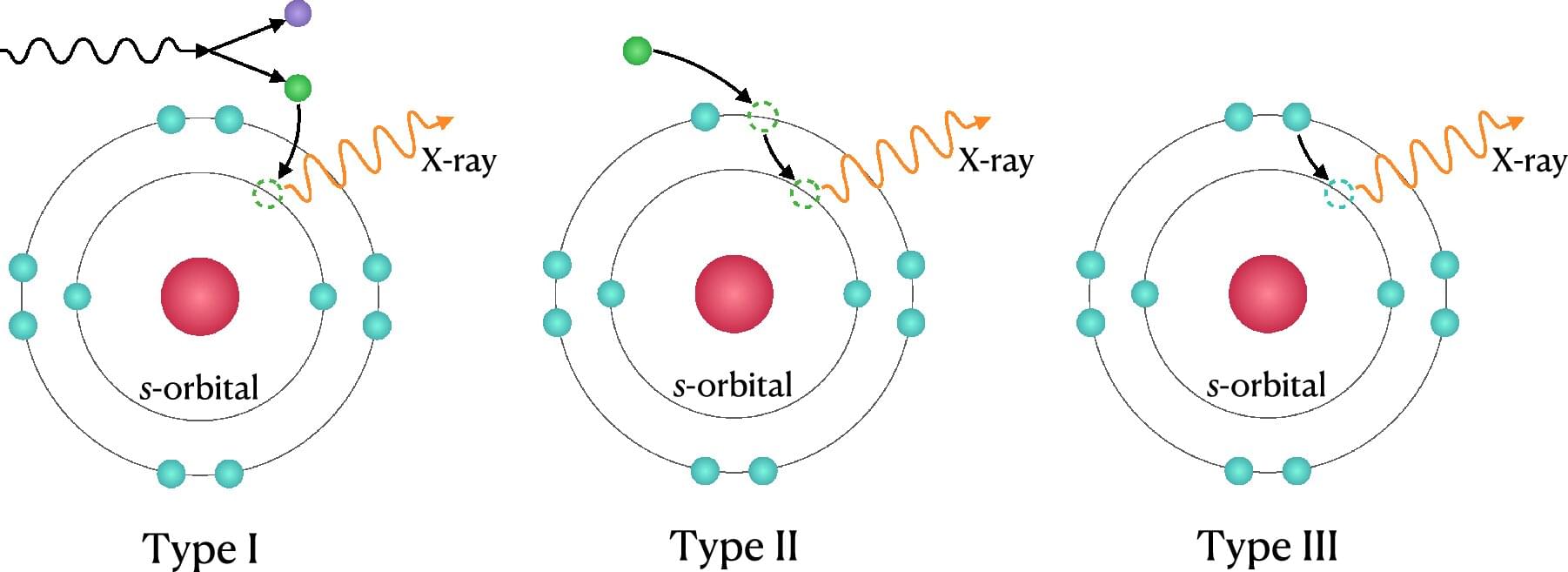
The Pauli exclusion principle is a cornerstone of the Standard Model of particle physics and is essential for the structure and stability of matter. Now an international collaboration of physicists has carried out one of the most stringent experimental tests to date of this foundational rule of quantum physics and has found no evidence of its violation. Using the VIP-2 experiment, the team has set the strongest limits so far for possible violations involving electrons in atomic systems, significantly constraining a range of speculative theories beyond the Standard Model, including those that suggest electrons have internal structure, and so-called “Quon models.” Their experiment was reported in Scientific Reports in November 2025.
Austrian-Swiss physicist Wolfgang Pauli outlined the exclusion principle in 1925. It states that two identical “fermions” (a class of particles that includes electrons) cannot occupy the same quantum state. It explains why electrons fill atomic shells, why solids have rigidity, and why dense objects such as white dwarf stars do not collapse under gravity.
However, since its inception, physicists have been searching for signs that the Pauli exclusion principle may be violated in extreme conditions. “If the Pauli exclusion principle were violated, even at an extremely small level, the consequences would cascade from atomic physics all the way to astrophysics,” says FQxI member and physicist Catalina Curceanu of the Italian National Institute for Nuclear Physics (INFN), in Frascati, who is the spokesperson of the VIP-2 collaboration.

Today’s most powerful computers hit a wall when tackling certain problems, from designing new drugs to cracking encryption codes. Error-free quantum computers promise to overcome those challenges, but building them requires materials with exotic properties of topological superconductors that are incredibly difficult to produce. Now, researchers at the University of Chicago Pritzker School of Molecular Engineering (UChicago PME) and West Virginia University have found a way to tune these materials into existence by simply tweaking a chemical recipe, resulting in a change in many-electron interactions.
The team adjusted the ratio of two elements— tellurium and selenium —that are grown in ultra-thin films. By doing so, they found they could switch the material between different quantum phases, including a highly desirable state called a topological superconductor.
The findings, published in Nature Communications, reveal that as the ratio of tellurium and selenium changes, so too do the correlations between different electrons in the material—how strongly each electron is influenced by those around it. This can serve as a sensitive control knob for engineering exotic quantum phases.